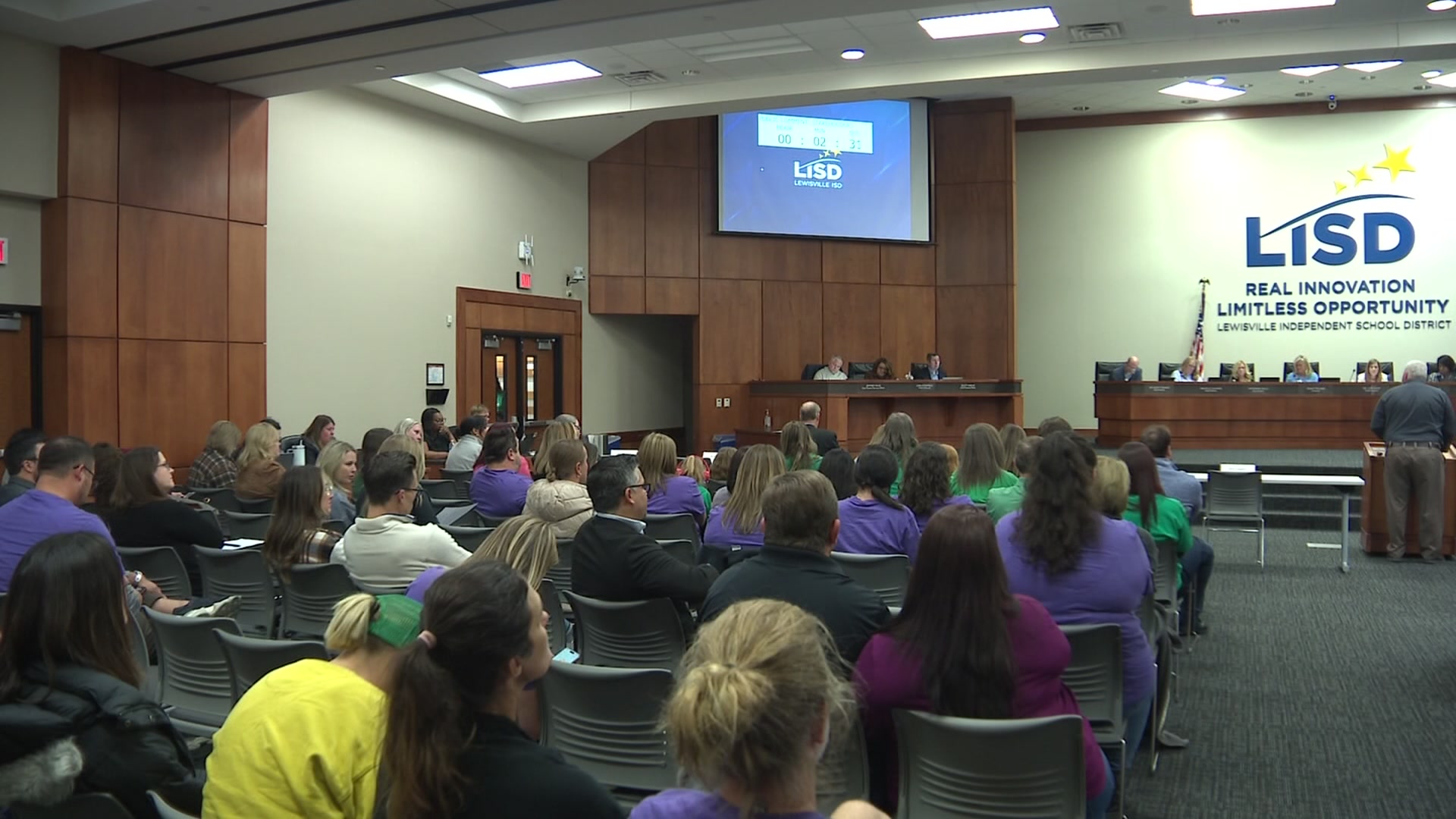A team of veterinarians from the Dallas Zoo is back in North Texas after a mission to save baby flamingos in South Africa.
The flamingos, still hatching, were abandoned by their parents during extreme drought conditions.
The Dallas Zoo said the drought affected Kamfers Dam in Kimberley, South Africa. It caused adult flamingos to abandon their nests, leaving thousands of eggs and chicks behind.
Kamfers Dam is one of the most important breeding grounds for the "lesser flamingo" species, one of five wild breeding sites in the world.
"Not many people have ever rehabilitated a wild flamingo," said Dallas Zoo Executive Vice President for Animal Care and Conservation Harrison Edell.
"In terms of raising a baby flamingo from the egg up to adulthood, that's challenging stuff. But, we've done that for decades in American zoos," Edell explained.
The Dallas Zoo currently cares for 31 lesser flamingos and 77 of the American flamingo species.
Local
The latest news from around North Texas.
The zoo has worked with lesser flamingos, the same species in South Africa, since 1965.
"We often like to share with our guests that we want to learn as much as we can about the species we work with here at the Dallas Zoo, with the goal that we might need to apply the information we learn here to conservation in the field," said Edell.
For much of the year, a team of 15 from the Dallas Zoo worked in South Africa to help raise the baby flamingos. They worked alongside 35 other Americans and colleagues in South Africa.
The challenge was finding the right balance of food for a large number of baby birds, nearly 2,000. The teams also had to keep the birds healthy while preventing them from becoming attached to humans.
"Ultimately, the goal is to be able to take these youngsters put them out in the wild and have them be functional, normal flamingos," Edell said.
In May, Edell traveled to South Africa to help coordinate the release of the first 49 rehabilitated flamingos into the wild.
Edell said trackers show the birds are interacting well with adult flamingos and behaving as nature intended.
"Almost 2,000 birds were rescued. If humans had not intervened and if some of those South African colleagues had not stepped in and gone out on a limb to try and assist those birds, those two thousand birds would have undoubtedly died," Edell said.
The Dallas Zoo points out the lesser flamingos are currently listed as near threatened by the International Union for the Conservation of Species due to habitat destruction and climate change.
Lesser flamingos are the smallest species of the six species of flamingos in the world, found primarily in sub-Saharan Africa and parts of India.



